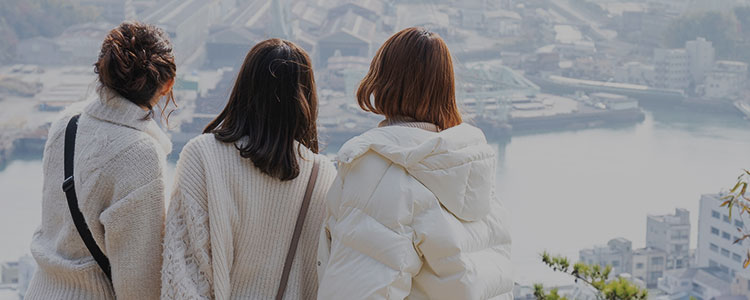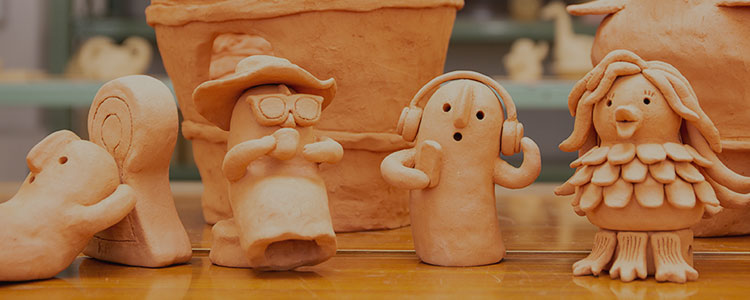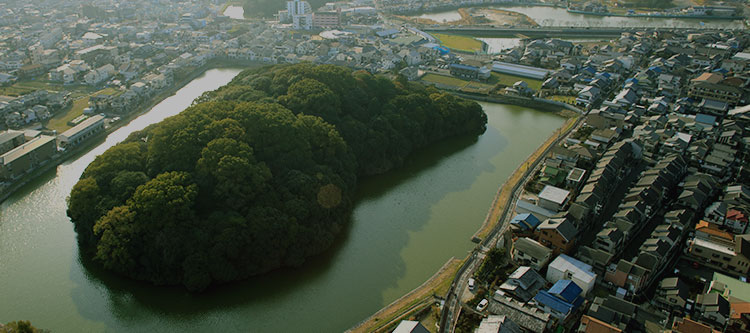Sightseeing spots
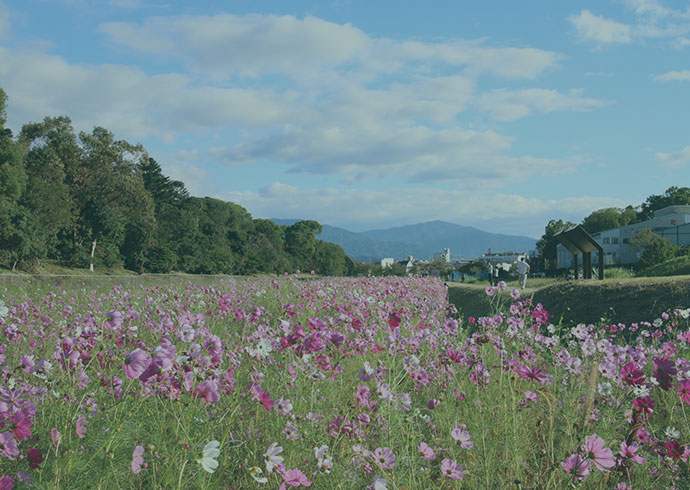
- TOP
- Sightseeing spots
Go on a trip where you can stroll on streets overflowing with the charms of the ancient world and savor local specialties that make full use of the bounty of nature
We are pleased to introduce you to a sightseeing spot where you can enjoy a history tour that includes a tumulus registered as a World Heritage Site, as well as specialty wines and Habikino's very own gourmet dishes.
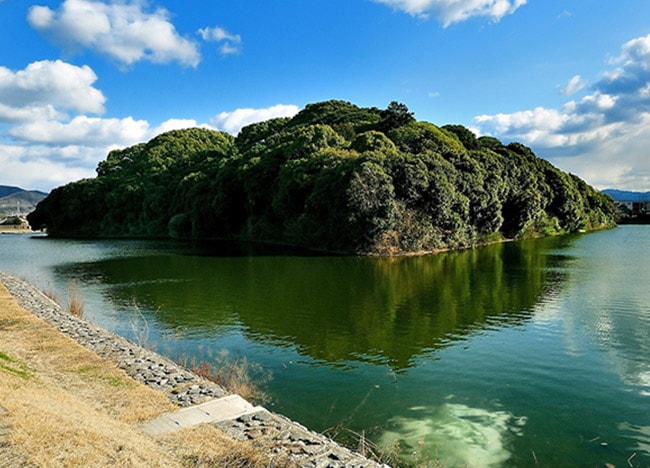
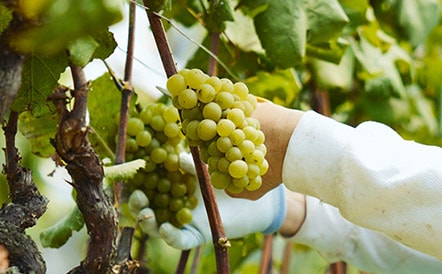
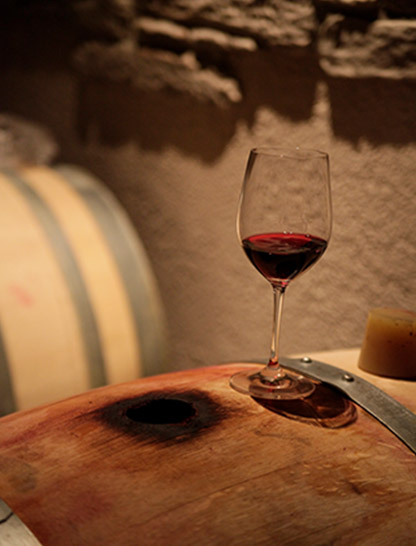
Display item 27out of 13〜24items
Habikino Local Cafe Bikkino
The official cafe of "Habikino Burger", a local burger made from Habikino City’s specialty products.

Buy
See
Eat
Morimoto Shrine
In the past, an imperial envoy was dispatched from the Imperial Court, and it boasted prosperity as a highly prestigious Myojin Taisha.

See
Hachibuseyama Nishimine Kofun
An ancient burial mound located on Mt. Hachibuseyama.

See
Sairinji Temple
It is one of the oldest temples in Minamikawachi, founded in the Asuka period by the Kawachi no Fumiuji clan, who were immigrants.

See
Tsukiyomi Bridge
Stone lanterns used to serve as guides, and have been used as signposts along the Takenouchi-Kaido since ancient times.

See
Daikokuji Temple
An old temple of Zen Buddhism whose principal image is Daikokuten, said to be the oldest in Japan.

See
Asukabe Shrine
The shrine is said to have enshrined King Konki of the Kudara royal family, the ancestor of the Asukabe clan, an immigrant clan.

See
Tsuhoji Temple Ruins
It is said that in 1043, the Senju Kannon statue found by Minamoto no Yoriyoshi of Kawachi Genji was enshrined.

See
Kannonzuka Kofun
It used to be a vineyard, but it was designated as a national historic site in 1981, and you can see the inside of the Yokoguchi-style stone wall.

See
Tomb of Genji three generations
Minamoto no Yorinobu, who was appointed Kawachi no kami in the middle of the 11th century, Yorinobu's son Yoriyoshi, and grandson Yoshiie are buried here.

See
Yoshimura Family's Residence
A representative house of a wealthy farmer in the early modern period, which is designated as an important cultural property of the country.

See
Myokyoji Temple
According to the temple legend, it was built as Phoenix Temple at the request of Emperor Suiko, and after being exposed to fire many times, it was rebuilt by Toyotomi Hideyoshi.

See
